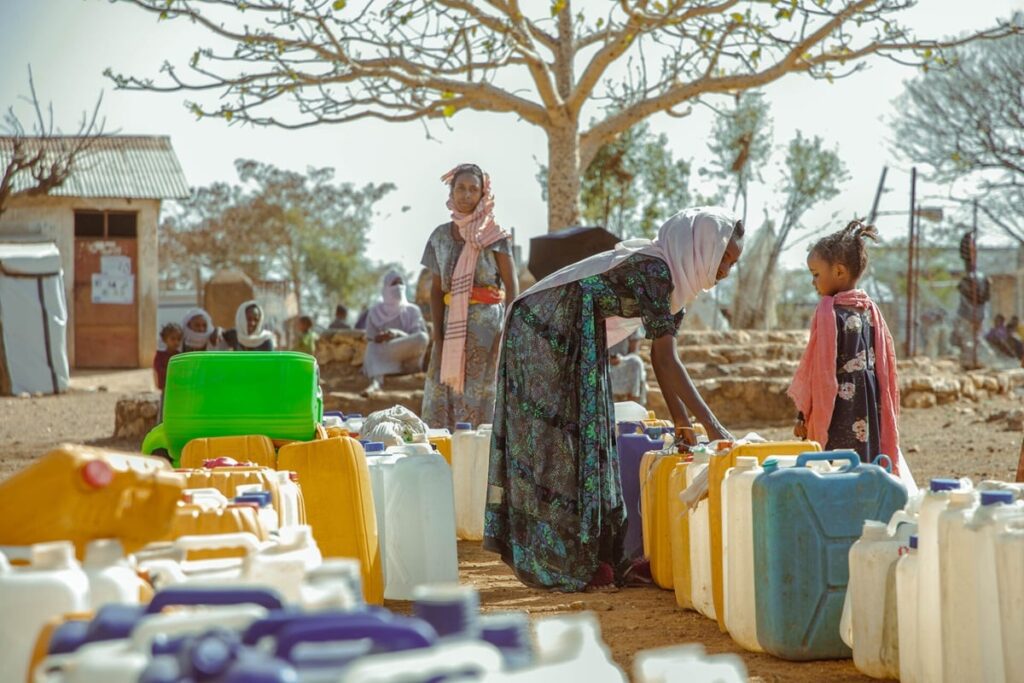The WHO and global partners emphasize that protecting health should be the primary motivator for climate action, as outlined in the Lancet’s Countdown to Health and Climate Change 2025 report. This report highlights that reliance on fossil fuels and failure to adapt to climate change is already harming human health. Key findings include:
- Health Impact: Heat-related deaths have surged by 23% since the 1990s, with 546,000 deaths annually. By 2024, average exposure to dangerous heat will increase significantly, especially for vulnerable populations.
- Food Insecurity: Droughts and heatwaves threaten 124 million people with food insecurity.
- Economic Costs: The economic toll includes a potential loss of 640 billion work hours due to heat exposure, equating to approximately USD 1.9 trillion in lost productivity. Fossil fuel subsidies in 2023 totaled USD 956 billion, overshadowing climate finance.
Benefits of climate action include the prevention of 160,000 premature deaths from reduced air pollution and the creation of 16 million jobs through renewable energy.
Dr. Marina Romanello emphasizes that solutions are available, and local initiatives show real progress. Effective measures include phasing out fossil fuels, adopting healthier diets, and enhancing agricultural systems to reduce pollution.
Ahead of COP30 in Brazil, the report serves as a crucial resource to promote health-centric climate action, backed by ongoing assessments and plans in health sectors worldwide. This initiative aims at fostering policies that prioritize health and equity in combating climate change.


